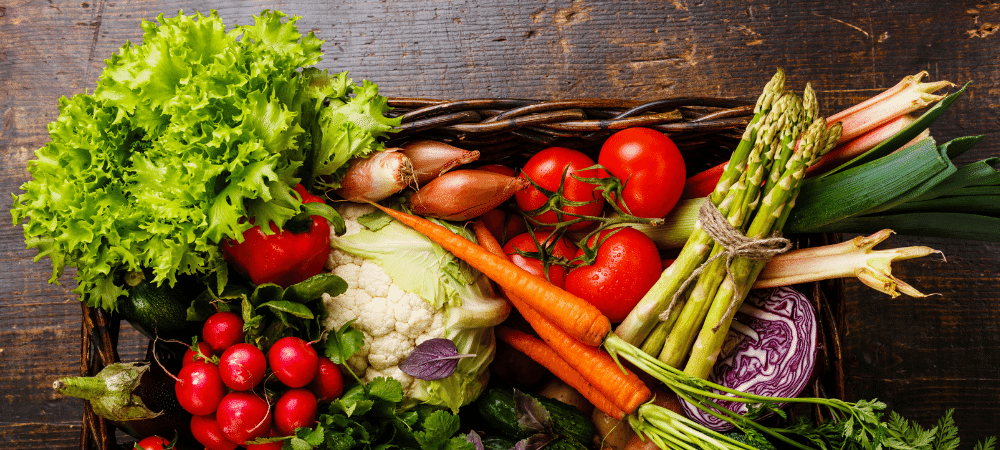



Hari Yellina (Orchard Tech)
A leading Australian professor of food microbiology believes the final product testing of fruit and vegetables is not solely an effective control strategy in controlling bacterial and viral outbreaks, rather it is about safety measures in every step along the supply chain. Deputy Head of the School of Agriculture and Food Sciences at the University of Queensland (UQ), Mark Turner says that it cannot ever be 100 per cent guaranteed that a food type is safe, but it is about managing the risk situations. He added that sporadic testing can often miss contamination infections because only a small percentage of total production is actually checked.
There are several pathogens of concern, mainly, but not limited to, Salmonella, E. coli and Listeria, as well as Cyclospora and Hepatitis A. There have been a few outbreaks recently in Australia, most notably the Salmonella prepacked salad outbreak in 2016 and the rockmelon Listeria outbreak in 2018. Professor Turner says there are risks of contamination at every step of the supply chain, from the farm to processing and even distribution and retail – and a breakdown at any stage of the chain could lead to a food safety incident.
Some of the common sources for bacterial and viral contaminations come from livestock faeces if they share property or neighbouring farms, wildlife intrusion, dust or wind transfers and runoffs into water sources. Professor Turner notes that it could help by having exclusion periods for use of that water or soil to ensure that if pathogens do exist they can die off, and also the hygiene and sanitising of harvest workers and equipment is also important. Professor Turner also pointed out that methods like whole genome sequencing have revolutionised food poisoning outbreak investigations, which initially started as a result of DNA fingerprinting technology.
Hari Yellina, of Orchard Tech says that more outbreaks are being discovered, identified and linked to strains that are causing people to become sick. It can also be used at the farm and packing shed facility level to identify and link strains that may be infecting produce on an intermittent basis for several years, to help refine control strategies.